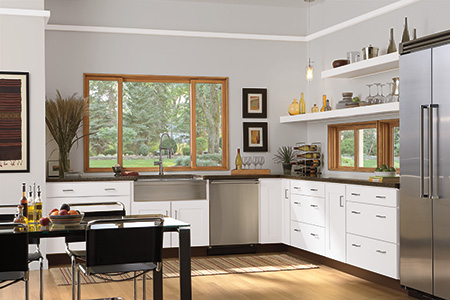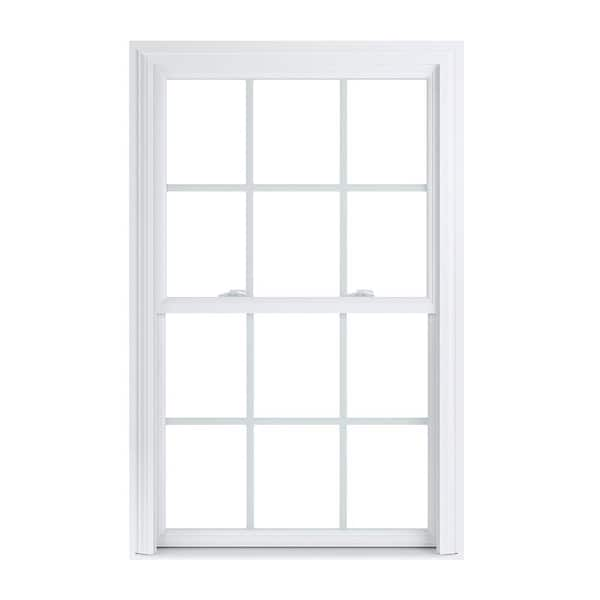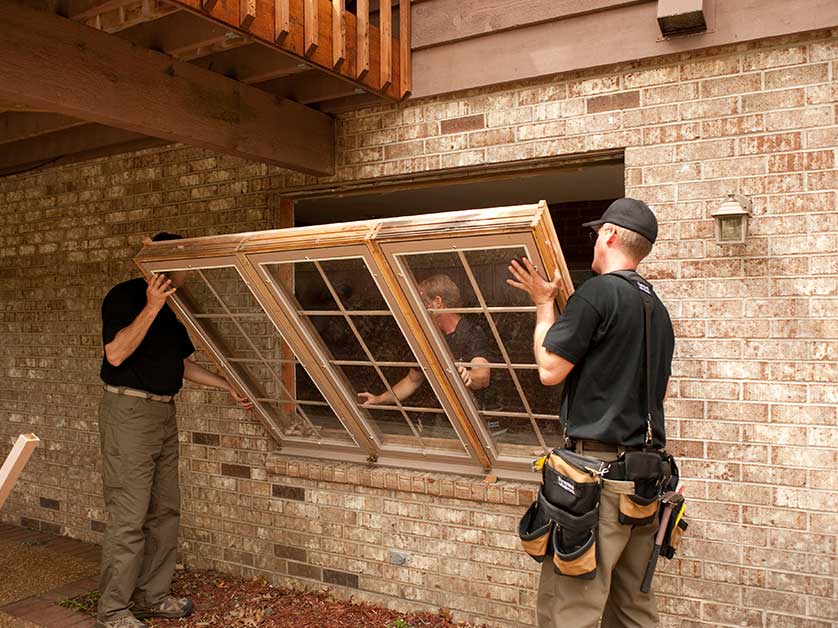Upgrade Your Home With Energy-Efficient Window Replacements
In the realm of home enhancement, the decision to upgrade to energy-efficient window replacements can substantially influence both the capability and aesthetics of a home. Beyond the surface level of plain visual appeals, energy-efficient home windows offer a plethora of benefits that go past mere aesthetic allure.
Advantages of Energy-Efficient Windows

The installment of energy-efficient windows provides considerable financial savings on utility expenses while boosting ecological sustainability. Furthermore, energy-efficient home windows can aid control wetness levels within the home, reducing the risk of mold and mildew and mold development.
Beyond the economic advantages, energy-efficient home windows add to environmental sustainability by reducing carbon exhausts connected with energy manufacturing. By decreasing power use, these home windows help alleviate the ecological influence of heating, cooling, and illumination residential spaces. This reduction in energy consumption plays a crucial duty in combating climate change and promoting a greener future for generations to come. In general, buying energy-efficient windows not only improves the comfort and efficiency of a home but also aligns with ecologically mindful methods.
Sorts Of Energy-Efficient Glass
Different innovative sorts of energy-efficient glass offer distinct residential properties that deal with various needs and preferences in boosting the sustainability and effectiveness of buildings. Low-emissivity (Low-E) glass is a popular alternative developed to reduce the amount of ultraviolet and infrared light that can go through the glass, thereby lowering warmth transfer. This kind of glass helps maintain a consistent indoor temperature level, minimizing the need for home heating or cooling systems, and inevitably lowering power expenses. Another ingenious option is spectrally discerning glass, which enables visible light to travel through while obstructing particular sorts of infrared radiation. This aids in keeping a comfy interior atmosphere while decreasing warm gain. Triple-pane glass, including 3 layers of glass with protecting gas in between them, provides boosted thermal insulation, making it highly energy-efficient. Furthermore, self-cleaning glass with an unique finish that breaks down and loosens up dust when exposed to sunshine can reduce upkeep demands and keep windows looking tidy. Each type of energy-efficient glass provides distinct advantages, permitting house owners to pick the most ideal choice based upon their specific demands and objectives.
Aspects to Think About When Selecting
When pondering energy-efficient window replacements, it is imperative to thoroughly evaluate certain elements that line up with your sustainability goals and preferred energy cost savings. One important variable to consider is the home window's power efficiency scores, such as the U-factor and Solar Warm Gain Coefficient (SHGC) The U-factor steps exactly how well the window insulates, with lower numbers indicating better insulation, while the SHGC shows the home window's capacity to obstruct warm from sunlight. Additionally, the home window framework product plays a considerable role in energy performance. Products like fiberglass, vinyl, or timber with thermal breaks are exceptional options for minimizing warmth transfer. Another crucial factor to consider is the window design and positioning concerning sunshine exposure. Choosing the right home window style and strategically positioning them can take full advantage of natural light while minimizing heat gain or loss. Last but not least, setup top quality is crucial to guaranteeing the home windows execute as meant. Proper installment helps protect against air leak, guaranteeing optimal power effectiveness. By meticulously examining these factors, you can pick energy-efficient windows that enhance convenience, reduce power costs, and profit the setting.
Installment and Upkeep Tips

Regular upkeep is crucial to protecting the efficiency of your energy-efficient bespoke windows and doors windows. Inspect the home windows occasionally for any type of indications of sealant, wear, or damages wear and tear. Tidy the frameworks, tracks, and glass regularly making use of moderate soap and water to remove dirt and grime that can influence performance. Inspect the weather-stripping and seals for any kind of rips or spaces and change them if required to maintain the home windows' energy performance.
Additionally, lubricate relocating components such as hinges and locks to make sure smooth operation. By complying with these installment and maintenance ideas, you can boost the energy performance of your home and prolong the life-span of your energy-efficient home windows.
Cost-Benefit Analysis of Upgrading

Energy-efficient home windows are created to reduce heat transfer, minimizing the demand for heating and cooling systems to burn the midnight oil. This can result in substantial financial savings on energy expenses, specifically in regions with severe temperatures. Additionally, energy-efficient home windows can improve the general value of your home, making it extra appealing to potential customers if you make a decision to sell in the future.
When computing the cost-benefit evaluation, consider the possible cost savings on energy expenses, any readily available rewards or discounts, and the life-span of the windows. While the initial price might be higher, the lasting cost savings and advantages of energy-efficient windows make them a clever investment for home owners seeking to improve their property's power efficiency and value.

Final Thought
In final thought, upgrading to energy-efficient best replacement windows 2019 window substitutes offers many benefits such as decreased power intake, increased convenience, and expense financial savings. By picking the suitable kind of energy-efficient glass and considering elements like frame material and installment, homeowners can optimize the efficiency of their windows. Regular maintenance and appropriate setup are crucial for long-term performance. In general, the cost-benefit analysis of check out here updating to energy-efficient home windows reveals that the first investment can cause substantial financial savings over time.
When considering energy-efficient window replacements, it is important to thoroughly evaluate specific factors that straighten with your sustainability goals and preferred energy cost savings. The U-factor steps how well the home window shields, with reduced numbers suggesting much better insulation, while the SHGC indicates the home window's capability to block heat from sunshine. By carefully evaluating these variables, you can choose energy-efficient windows that boost convenience, decrease energy prices, and benefit the environment.
While energy-efficient home windows might have a higher ahead of time expense contrasted to typical home windows, the lasting benefits commonly surpass the preliminary financial investment.In final thought, upgrading to energy-efficient home window substitutes uses numerous advantages such as decreased power consumption, raised comfort, and price financial savings.